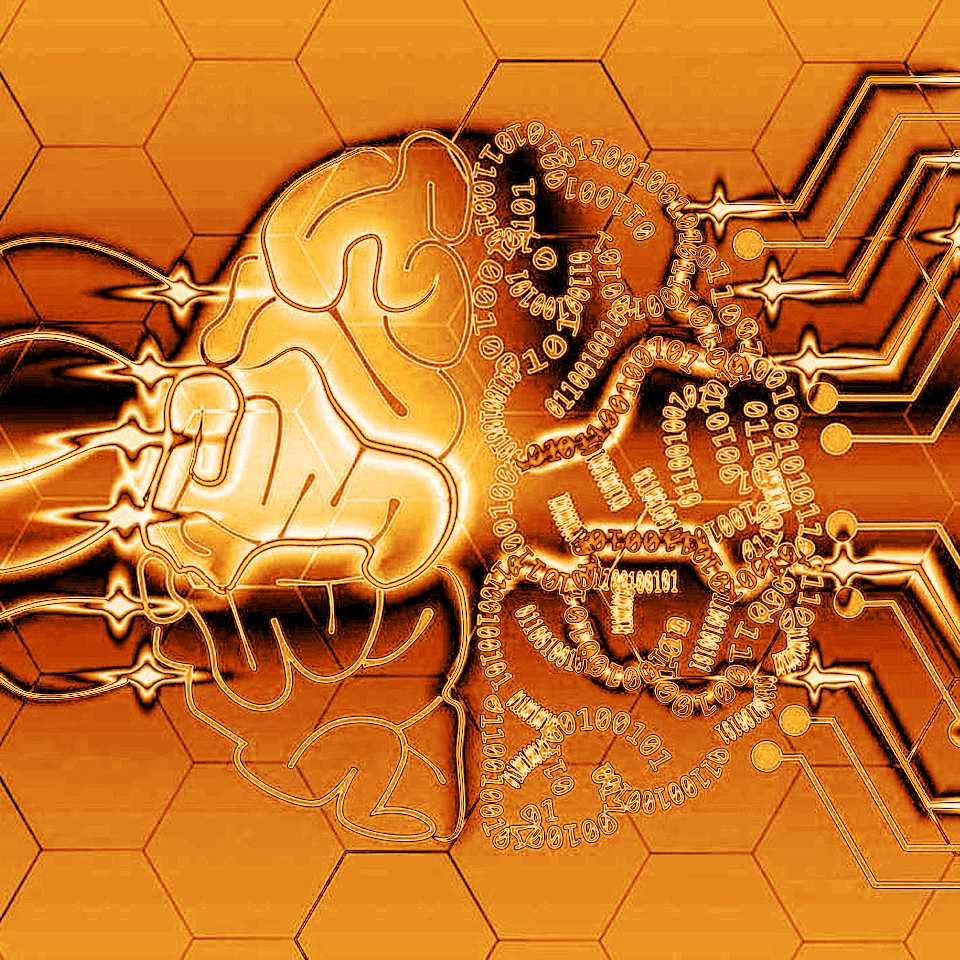
How Stuff Works?
A little while ago, in a discussion, someone mentioned how they had not been interested in History at school. They went on to explain that they had wanted to know “How Stuff Works?” and felt that Engineering was how to explain “How Stuff Works?”
Perhaps it is the abiding legacy of my Ancient History Teacher that shaped my views on this, for he taught me that the purpose of History was to explain “How Stuff Works?” Whilst those who do not study History are doomed to repeat it, those who do study History are forced to watch.
Many of our Politicians are graduates in Law or Economics. These disciplines are also, in their areas, concerned with understanding “How Stuff Works?” It was John F Kennedy who is reported to have said that we need not more Politicians, but more Poets.
When you think about it, just about every endeavour of study, fundamentally in some way, is concerned with “How Stuff Works?”
The 20th Century was a time when more emphasis was placed on Science than the arts; yet, interestingly, this is not reflected in our Politicians, only two of whom hold a degree in Science.
Of course, the division between Science and Arts is relatively shallow and not ancient. Theology, for a long time, was regarded as “The Queen of the Sciences”. Part of the reason for that is that there has been a shift in the meaning of the word Science. It used to mean the pursuit of knowledge in any sphere; however, in contemporary usage, it refers to a systematic study of the structure and behaviour of the physical and natural world through observation, experimentation, and testing theories against the evidence.
We might reasonably summarise that by saying Science seeks to understand “How Stuff Works”? In the post-Enlightenment period, there has been a tendency to address this search from the starting point of what exists, often called existentialism. Despite the many existentialist theologians, a mindset in society has developed that equates existentialism with atheism, which is simply not true.
Etymology, the study of origins, is one point where there are difficulties. The Big Bang Theory is a theory, and may indeed be the best answer that science has at the moment. Many people who believe in God, theists, accept the Big Bang Theory, and many Christians do; however, some robustly reject it because there is no Biblical Evidence to support it.
Anselm, Archbishop of Canterbury 1093-1109, argued in his book Cur Deus Homo (Why God Became Man) that Science and Faith/Theology pursued with Integrity will ultimately reach the same conclusion.
Interestingly, Theology, when looked at honestly, is also in the business of understanding “How Stuff Works?” How God works in and for creation, how God relates to us in word and sacrament, and how we encounter God in the natural world and the community.
Many in our world want to reject mystery, whilst people of faith want to embrace it. The Eastern Orthodox don’t speak of mystery very much; they prefer the term ineffable - that which cannot be told, the things that have no words.
Mystery is not just a label to cover the things we can not explain, but rather a recognition that there is more than we can simply describe. There is more to life than meets the eye. St Augustine declared, ‘I found God only to find that he had found me’. Our relationship with God is both life-affirming and centres us. We are not better than those who don’t go to Church, we are not loved more that those who don’t go to Church, however, we are grateful that we are loved.
